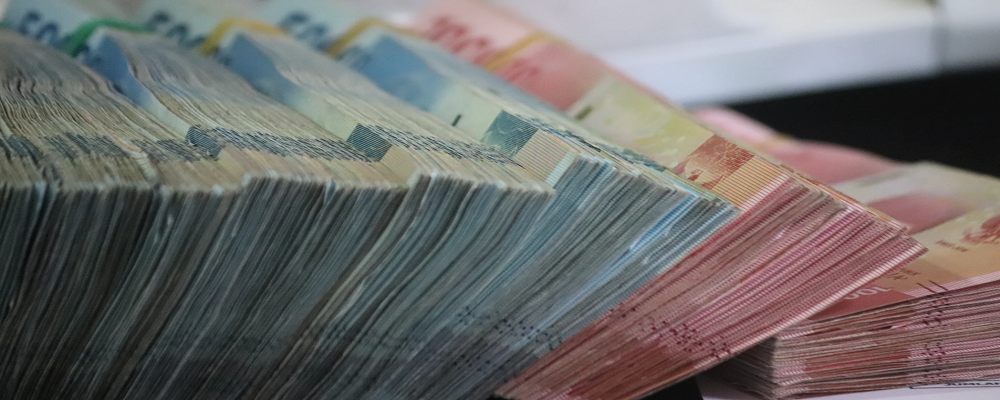While the clock continues to run out, the US debt ceiling talks keep the markets captive. Before today’s talks, representatives have been gingerly speaking from both sides of their mouths, acknowledging that they are still far apart but maintaining that a default is not an option and that a deal can still be made. The general opinion still favours last-minute agreements, but market volatility is anticipated to continue, and some strategists have already started thinking about the potential negative liquidity consequences.
José Torres, Senior Economist at Interactive Brokers, gives the most recent information on the US debt ceiling issue and the state of the financial markets as the final countdown begins.
Equities are down for the third day in a row as investors become more and more alarmed by Washington’s continuous brinkmanship over lifting the debt ceiling. Meaningful progress on striking a deal has been difficult to come by for negotiators, and there are only seven days left before the June 1 deadline that Secretary of the Treasury Janet Yellen has identified as the point at which the US would default on its debt.

Leaders from both sides have occasionally tried to strike a positive note by describing negotiations as fruitful and successful, but a concrete compromise that will spare investors from additional suffering has yet to be discovered.
President Joe Biden has advocated a spending freeze and restrictions on future fiscal-year expenditure rises rather than raising spending in the upcoming budget, while Republican House Speaker Kevin McCarthy has emphasised that spending in the upcoming years needs to be considerably decreased.
In the interim, Republican promises to reduce spending will probably cause an even more severe decline in the second half of this year as the economy shifts from a phase of high fiscal spending to austerity. Republicans, on the other hand, contend that spending needs to be curtailed in order to address the nation’s mounting debt, which, at $31.4 trillion, they see as unsupportable.
McCarthy continues to emphasise that the country needs to move towards a balanced budget, where income and expenses shift into better alignment, while addressing negotiators and the public by comparing the fiscal health of a regular household.
If an agreement cannot be reached, there will be a recession right away, which is why stocks are down. With the Volatility Index (VIX) up 10.7% to 20.51, investor pessimism is supporting volatility as traders increase their bets to hedge against future loss.
Because of concerns over the debt ceiling and anticipation of a tougher Fed, bond rates are a little bit higher overall. A 25-basis-point (bp) increase at the meeting next month is 32% likely, according to investors. The 10-year Treasury yield is up 1 basis point to 3.71%, while the 2-year Treasury yield is up 3 bps to 4.31%.
The dollar has gained momentum from its low of 100.8 in April thanks to the persistent support of a Fed that doesn’t waver. A significant gain over the past two weeks is being seen in the Dollar Index, which is up 30 bps to 103.78. A day after Saudi Arabia’s Prince Abdulaziz bin Salman warned oil shorts to “watch out,” crude oil is up sharply once more, reflecting the ministry’s bullish forecast for the commodity. To $74.42 per barrel, WTI crude oil has increased by 2.1%.
Kindly open Demate Account. Click on Link – https://bit.ly/3IIHdW4



